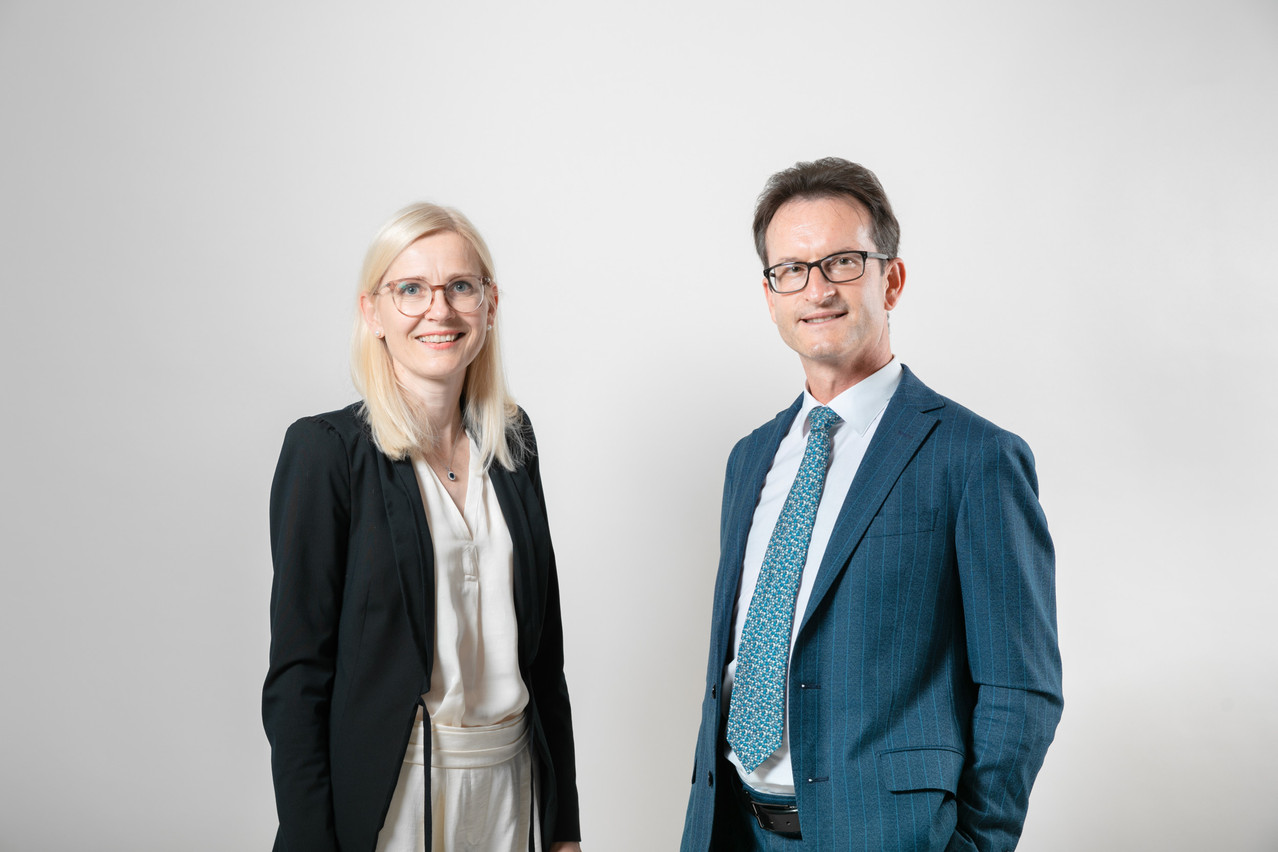Many companies were recently forced to ramp up their digitalisation efforts anyway, but a digital guide--powered by the Chamber along with the economy ministry and Luxinnovation--was at the end of 2020 in a bid to help companies not only boost their online opportunities but also orient their international strategies.
The grand duchy is an export-intensive country, exporting around 80% of its goods and services. As Chamber of Commerce general director Carlo Thelen explains, the main export-import partners are France, Germany and Belgium, then the UK. Which is why the Chamber has four in those countries, in partnership with the ministry of foreign affairs, with plans for another in London to officially open in Q1 2022.
Luxembourg’s network abroad also includes around 40 embassies, in nine locations and over 160 honorary counsels (see page 6). “It’s a very efficient network,” Thelen explains. “Luxembourg is small, so we have to focus on the best possible networks and hubs.”
This year marks the centenary of the Belgium-Luxembourg Economic Union as well. “In this framework it says that in every country where we do not have a diplomatic representation, the Belgian representation supports Luxembourg for economic topics,” Thelen adds.
“For small- and medium-sized companies, it’s very important to have a direct partner to ask questions when it comes to exporting a good or service.”
Laser-sharp focus
Prior to joining the Luxembourg Chamber of Commerce as an attaché to launch the first permanent office in Berlin in early 2012, Cindy Tereba was responsible for international business development at the German Emirati Joint Council for Industry and Commerce in Abu Dhabi.
The international affairs director acknowledges both opportunities and challenges in doing cross-border business digitally. “On one hand, we were trying hard to keep contacts up and running during this period, with foreign markets and partners, and this was well accepted by companies,” she says, adding that upon analysis of participation rates on e-missions, digital trade fairs or webinars, “we were pretty surprised that companies were really venturing to this new format.”
One example deemed a success was the “Go International” e-mission to Wisconsin, US, which the Chamber held in spring 2021, in close partnership with the economy ministry, Luxinnovation, the Luxembourg House of Financial Technology and the Wisconsin Economic Development Corporation. The three-day virtual mission was deemed a success, as 250 business professionals participated, while economy minister Franz Fayot also announced an innovative programme for Luxembourg startups to get support through a partnership between the economy ministry and gener8tor, an accelerator with a Wisconsin base. The initiative allows for five grand duchy startups per year to discover the US market, utilising gener8tor’s already established network there.
Already by 2019, exports and imports between the grand duchy and the US state equalled $7.23m and $2.69m, respectively. But the e-mission allowed for new companies to make contacts, strengthening bonds in areas like tech and innovation.
“That was the positive thing about Wisconsin: without travelling, we were able to identify the areas of cooperation, the companies interested, the niches, and to inform about these regions,” Tereba says. “The next logical step would be to travel there because we’ve clearly identified the target group and target sectors.”
While such digital tools can be pragmatic for connecting business leaders and creating platforms--and even if Luxembourg companies have been open to operating more digitally--Tereba adds that it’s important not to get lost in digitalisation, and that for some markets, face-to-face contact is still ideal.
An eye on Dubai, and beyond
At the time of writing, the Chamber of Commerce was already well underway helping to organise the first of several official missions linked with the Expo 2020 Dubai, including an taking place on 17-22 October, which includes a visit to the Gulf Information Technology Exhibition ()--the Middle East’s leading consumer computer and electronics trade fair--as well as the on 24-30 October, to coincide with the there. Thelen is certain there will be high interest.
Additional include the “Made in Luxembourg” week, with others focused on sustainability, health tech and food and beverage. And on 23-25 January 2022, the Chamber, along with its , will organise a matchmaking fair, packed with networking opportunities. Such b2fair events have served as flagships at other trade fairs in the past, including, for example, at the Shanghai World Expo in 2010. “In Dubai, it will be very international, and that’s a huge advantage for members to focus on--they will find business people from around the world,” Thelen explains.
Thelen and Tereba see investments in Dubai as valuable not just for the local market, but markets beyond. “Dubai--and the UAE--is really a turning platform in logistics, trade, finance, within a region which has totally different geopolitical interests and positioning,” Tereba says. “From this perspective, it’s very interesting, because it’s kind of a safety hub… it’s peaceful, and it becomes a very interesting point of access to a region, which, for the European, remains quite difficult to access.”
Having spent four years in the UAE, she praises its evolution, melting pot of cultures and more. “The dynamic of this region was incredible… not typically compar[able] with anything that you see in Europe.”
Missions and more
for more information about the official missions to the Expo 2020 Dubai.
This article was originally published in the .
